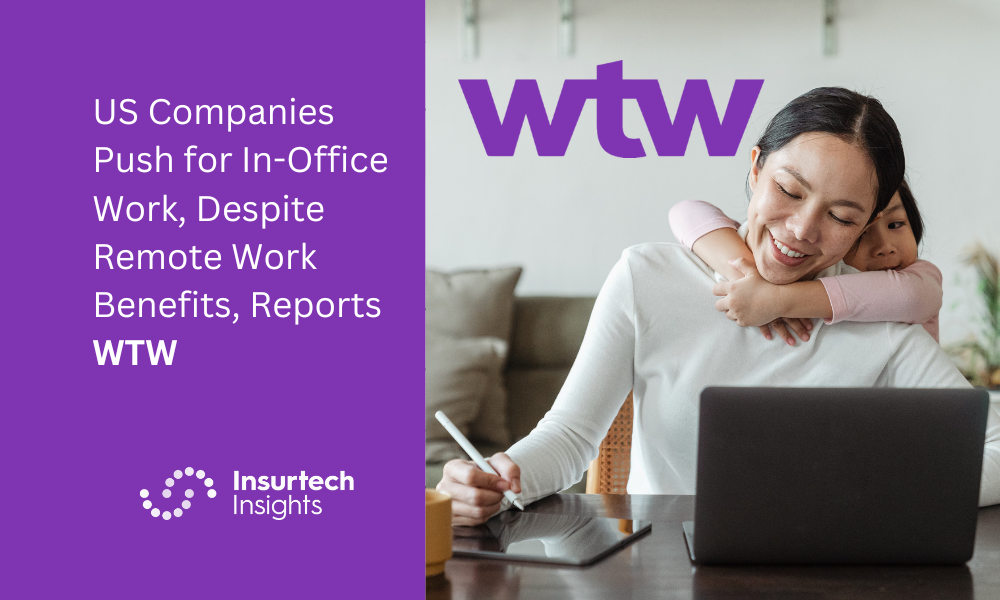A recent survey by WTW compiled of feedback from 10,000 US employees working at medium and large private sector employers, representing a broad range of industries, has revealed that 61% of US companies have implemented formal policies requiring employees to work in-office for a specific number of days per week.
The primary motivation behind this shift is the belief that in-person interactions foster stronger team bonds, improve company culture, and enhance overall productivity. However, this trend conflicts with the significant benefits of remote work, including increased employee satisfaction, better work-life balance, and greater retention of valuable talent.
While companies are pushing for a greater office presence, they are also recognising the importance of flexibility. Many organisations have adopted a hybrid approach, allowing employees to choose their workdays and offering amenities like improved office facilities to encourage in-person collaboration.
Ultimately, striking the right balance between in-office and remote work will be crucial for companies to attract and retain top talent. As employees continue to prioritize flexibility, organizations that can adapt to evolving needs will be better positioned to thrive in the future of work.
“As employers strive to balance corporate and workforce needs regarding engagement and productivity by encouraging employees to return to the office, a lack of clear structure around designated office days will hinder progress towards improved team collaboration,” said Russ Wakelin, senior director, Rewards Data, Intelligence at WTW.
He continued: “Reviewing the total rewards package and seeking employee feedback are essential steps to ensure alignment with needs and expectations while considering realistic changes that will motivate employees to return to the office.”
“There will be a competitive advantage for those organizations able to create and sustain a balance that achieves their business objectives and employees’ desire for choice. Progressive organizations are engaging with their employees in meaningful and intentional ways to understand their evolving needs and create a work environment that allows every employee to do their best work. This means understanding the needs of various workstyles, including remote workers.”
Jill Havely, managing director, Employee Experience at WTW, said: “Organizations must take a holistic look at the entirety of the employee experience to truly make hybrid working effective and to meet the needs of employees and employers. This includes looking at the work environment, talent and reward programs and policies, leader and manager effectiveness, and culture,” said.
The surveys were conducted in 2024. One survey asked US companies about their flexible work policies, and the other asked US employees about their attitudes toward benefits and remote work.









